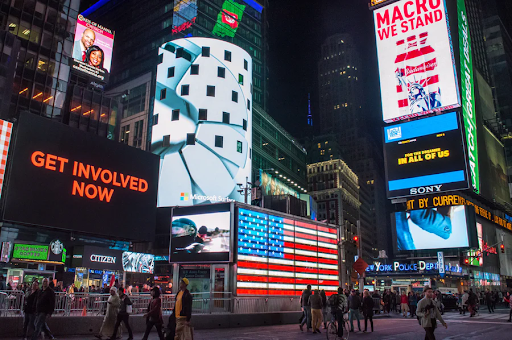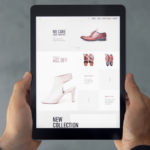I don’t remember having a political thought before September 11, 2001. And I assume most American Millennials could say the same. For most of us, 9/11 was our political awakening, when we suddenly learned that politics meant more than a presidential election.
Since that day, politics have remained at the forefront of our lives and have affected our decision-making. Time Magazine’s Charlotte Alter explains, “Millennials, for the most part, have experienced an America riven by inequality, endless wars, a financial collapse, a student debt crisis, and inertia in the face of climate change.” She lists the events that have repeatedly and directly impacted us and reasons, “all that has made [Millennials] distinctly more liberal than their elders.”
Generally, we Millennials are more liberal than the generations before us. But our political leaning has effects that span far beyond politics, into our lifestyles and even spending habits.
To better understand your Millennial customer base, let’s develop a more holistic view of who Millennials are and what they want—especially from their retailers.
Key Millennial Demographics Driving Their Politics
In 2018, Pew Research conducted an in-depth analysis of generational differences in American politics. They found that most Millennials (57%) held consistently liberal or mostly liberal positions. Just 12% of Millennials held consistently or mostly conservative attitudes, the lowest of any generation before them.
Here, you can see that the following statistics on Millennial demographics support their largely democratic stance:
- Religiously unaffiliated. Upwards of one-in-three Millennials said they were religiously unaffiliated. Comparatively, more than eight-in-ten Baby Boomers identify with a religion.
- Racially diverse. Millennials are more racially diverse than any other generation—even Gen Z. Take a look at this breakdown of generational diversity:

- Non-discriminatory. When asked for their opinions about whether immigrants do more to strengthen or burden the country, 79% of Millennials said that immigrants’ hard work and talents strengthen America. In contrast, only 47% of Silents supported immigrant contributions.
Millennial Demographics in Relation to Retail
Understanding your customer base is critical to the success of any marketing or personalization campaign. When you know who your customers are and what they believe, you can better target their interests.
For instance, if you know that Millennials comprise most of your customer base, you’re likely appealing to a racially and/or ethnically diverse group. (Remember, about half of American Millennials are non-white!) If you’re primarily marketing to Millennials, you can safely assume that your customers want to see people of varying colors and sizes modeling products online.
That said, beware of hypocritical or feigned “woke-ness”. Businesses that over-emphasize political openness are often perceived as insincere by Millennials. Elon Musk recently mocked big tech companies that changed their logos for Pride month in America while maintaining their traditional logos in the Middle East. Millennials condemned these companies for pandering toward the LGBTQ+ community for self-serving purposes.
More and more, we’re seeing politics and business overlap. And for Millennials, that can be a good thing—we want assurance that the companies we invest in care about what’s relevant. For example, the roughly 74% of Millennials who support abortion rights cheered when a handful of businesses announced they would cover travel expenses for employee abortions. Does that mean your business must reveal its stance on political issues? Certainly not. But are Millennials taking note of companies voicing their opinion despite potential backlash? Absolutely.
Regardless of your political leaning, it’s important to know what your customers want. For help using customer data to inform your business decisions, contact Sophelle’s team of practice leaders today.




